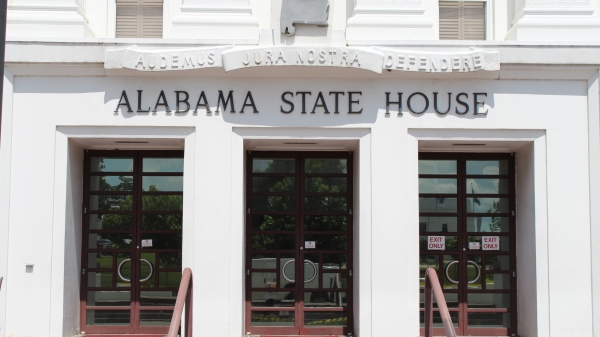Auburn University’s Government and Economics Institute recently released its Alabama Issues 2018 report, which focused largely on Alabama’s esteemed pre-K program. Two articles featured in the report suggest the state should continue expanding the program while maintaining the program’s quality.
“Though the State continues to increase funding to provide more classrooms and reach more children, Alabama’s First Class Pre-K serves only a fraction of all eligible children,” the report states. “They (the authors) suggest scaling up Alabama’s pre-K program while maintaining its high quality. This would mean moving beyond an educational legacy of inequity and underinvestment by providing each four-year-old child in Alabama with access to the highest-ranking public preschool education in America.”
Over the past 12 years, the state expanded access to the First Class Pre-K program, adding 884 classrooms. And last year, the Legislature approved a 24 percent budget increase — for a total budget of $96 million in FY2019. That increase should add another 100 classrooms and provide access for 1,400 students across the state.
And Alabama is one of only two states to meet all 10 of the 2017 National Institute for Early Education Research (NIEER) quality standards.
But in the last school year, Alabama provided 941 classrooms that served 16,938 students, which is only about 29 percent of the state’s pre-K eligible children.
More than 70 percent of the state’s four-year-olds currently don’t have access to the program, and pre-K advocates estimate that it would take $144 million to serve all eligible four-year-olds.
The Education Law Center ranked Alabama 49th in the nation when it evaluated each state on its early childhood resource allocation.
“This means that low-income students are 26 percent less likely to attend preschool than their counterparts,” the report found. “This is especially concerning, because low-income children see the largest impacts from a high-quality pre-kindergarten experience. … These early delays predict later educational gaps and shortfalls. Providing children with the early education, stimulation, and support needed for their development can change their academic and life trajectories.”
The report compared the ideas of a targeted pre-K program and a universal program.
“Though the need for pre-K is greater for low-income children, this does not necessarily imply that targeted preschool programs are the best solution, because public pre-K for all children can produce larger net benefits than targeted programs,” the report found. “Universal access to high-quality pre-kindergarten provides a level foundation for future growth, ensuring that all children, regardless of where they live or how much their parents earn, have a chance to reach their potential and contribute to society.”
Studies show high-quality pre-K programs prepare students to learn and close achievement gaps, laying a solid foundation for those children to succeed.
School readiness and academic achievement gaps can take root by 5 years old and trap students in a continuous cycle of trying to catch up without access to early interventions like pre-K.
The report suggests that increased funding could save money for the state later.
“Multiple longitudinal studies have shown that children who attend high-quality pre-K are also less likely to need special education, repeat grades and drop out of high school,” it reads.






















































